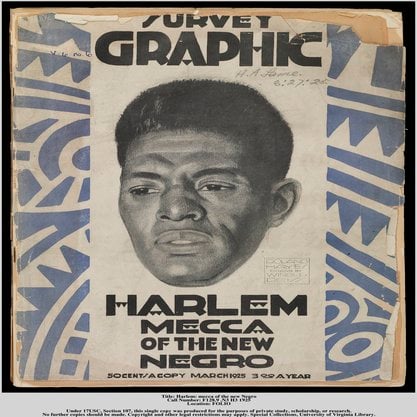Article
Stella, Frank (1936--) By Pocock, Antonia
Article
Frank Stella is a prominent American abstract artist whose deadpan aesthetic presaged Minimalism and Color Field painting. In contrast to the turbulent brushwork and improvisatory methods of Abstract Expressionism, Stella’s groundbreaking Black Paintings (1959) feature uniform surfaces and serial arrangements of forms. Born in 1936 in Malden, Massachusetts, Stella grounded his artistic education in non-objective painting. At the Phillips Academy, he studied with abstractionist Patrick Morgan, a pupil of Hans Hofmann. At Princeton University, he took studio courses with William Seitz, a scholar and practitioner of Abstract Expressionism; and Stephen Greene, an abstract painter and former student of Philip Guston. After graduating from college in 1958, Stella moved to New York City and produced gestural paintings of squares and stripes inspired by Mark Rothko and Jasper Johns. He soon abandoned painterly textures but retained the stripe as his signature motif. Stella’s work of the 1960s continued in the vein of his Black Paintings, but evolved to include metallic and Day-Glo pigments and shaped canvases. After 1970, his paintings assumed sculptural dimensions and incorporated expressionist brushwork and exuberant arabesques. Stella has continued to develop his exploratory practice to the present day.

